Aurelia’s Horizon Program: An educational initiative that combines outreach, access to microgravity, and R&D
Evan Hilgemann presents a paper on the first two years of the Horizon education program at the the 2024 AIAA SciTech Forum
Evan Hilgemann presents at AIAA SciTech 2024
On January 8, Aurelia’s senior mechanical engineer Evan Hilgemann presented a technical paper at the AIAA SciTech Forum, the world's largest event for aerospace R&D, where thousands come to share breakthrough science, revolutionary technologies, and next-generation capabilities that are redefining what is possible in aerospace.
Hilgemann presented “Aurelia’s Horizon Program: An Educational Initiative that Combines Outreach, Access to Microgravity, and R&D,” a paper detailing our team’s approach to creating and refining the Horizon Program, Aurelia Academy’s flagship parabolic research flight program. Co-authored by Hilgemann with Danielle DeLatte, Ariel Ekblaw, and Sean Auffinger, the paper covers the first two years of the program including course curriculums, student parabolic flight experiences, and program outcomes.
Abstract:
In 2022 and 2023, Aurelia Institute welcomed groups of students into the Horizon Program, an initiative focused on making microgravity accessible to the future aerospace workforce and an engaged public through a holistic approach that includes design, research, operations, storytelling, and deployment of an experiment in microgravity. In 2023 the program also included a Microgravity Project Design course which consisted of a series of live online lectures and panels where students were taught important skills, mentored by the technical team at Aurelia Institute, and participated in hands on learning by building their own microgravity experiments. Horizon focuses on enabling students from underrepresented backgrounds to participate in aerospace research and enter a pipeline for the future workforce. In addition, multiple internal research and development (R&D) experiments were planned to fly at the same time as the student experiments, thus combining an opportunity for outreach with real world technology development. This paper summarizes the experiences the two cohorts of Horizon students, discusses the outcomes of the program, and also provides recommendations for future iterations and other groups hoping to start similar educational initiatives.


